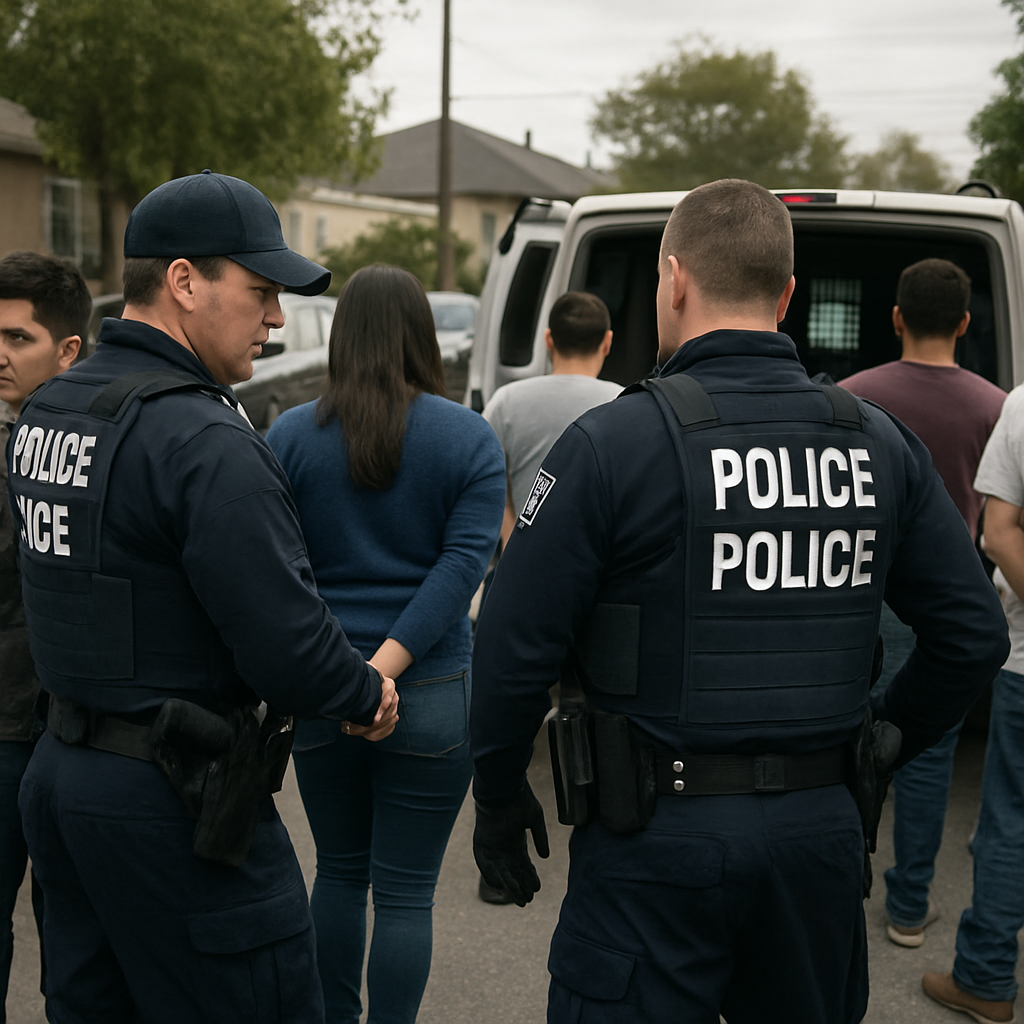*Singapore—* In a bold move aimed at bolstering regional security, US Secretary of Defence Pete Hegseth has called upon Asian allies to replicate European defence spending levels by redirecting their national budgets towards backing a sprawling network of artisanal, hipster coffee shops. This unconventional strategy, announced during the 22nd Shangri-La Dialogue in Singapore, suggests a novel approach in addressing the geopolitical tensions stemming from China’s and North Korea’s activities in the region.
Hegseth emphasized the crucial role that locally sourced, fair-trade espresso and avocado toast can play in constructing a fortified alliance network. “The cozy yet industrial ambiance of a well-funded hipster coffee shop serves as a strategic stronghold against hegemonic threats,” explained Hegseth. “Imagine a future where latte art becomes the first line of defense.”
Defense analysts have expressed intrigue at the proposal, noting that the proliferation of such establishments could act as informal community hubs, doubling as both security posts and cultural landmarks. Dr. Jamison F. Breve, a leading specialist in caffeine-based defense systems at the Global Coffee Institute, stated, “If executed decisively, this strategy could lead to a latte-based deterrent force capable of repelling even the most brewed-in aggression.”
The plan has already garnered support from several enthusiastic nations eager to tap into the burgeoning coffee economy. “We’ve always believed that our strength lies in our brew,” said Lee Chai Mocha, a fictional spokesperson from the Ministry of National Defense Artisanal Projects in Singapore. “Our citizens are already experts in latte logistics and scone strategy, which positions us well to lead this initiative.”
Unexpectedly, the proposal has triggered a competitive race among Asian nations to perfect their barista skill sets. As a result, military academies are swiftly transforming their curricula to include courses on foam art precision and sustainable bean sourcing. In Indonesia, the government announced plans to convert former submarine docks into floating coffee bars, blending maritime defense and local flavors.
Meanwhile, the move has left European allies scrambling to rethink their own defense spending strategies, with Germany reportedly considering an investment in pretzel-themed security outposts and France deliberating a significant upgrade to its croissant shield capabilities.
Not every Asian nation is on board, with some questioning the viability of coffee-centric defense. A representative from Vietnam wondered how caffeinated defense might affect national preparedness. “Are we expected to engage in a cappuccino arms race?” the official asked. “And what about decaf options for evening operations?”
As global leaders prepare to converge on this newfound doctrine of coffee diplomacy, Hegseth remains optimistic. “In today’s world, where the threats are complex and caffeinated, our response must be equally nuanced,” he declared. “We aren’t just brewing coffee; we’re brewing peace.”
Whether this shift toward espresso-based security will percolate into long-term stability remains to be seen, but for now, it seems clear that the future of defense will taste distinctly of Arabica and artisanal pastries.



